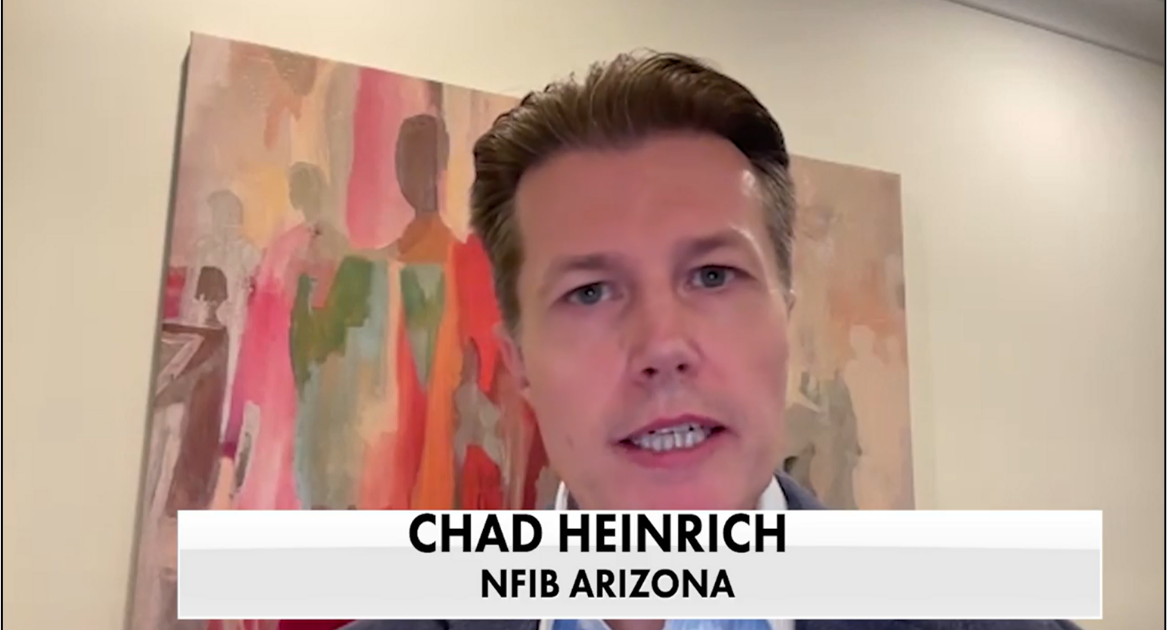Jobs
After nearly historic hiring levels, NJ saw third straight month of job losses in August

3-minute read
Biden applauds lower rates, says he never spoke with Fed chairman
President Joe Biden called the Federal Reserve’s decision to lower interest rats “good news” and says he never spoke to the Fed chairman as president.
New Jersey’s economy lost jobs in August for the third month in a row, state figures from last week say, as economists warn about a slowing labor market going into the 2024 presidential election.
Preliminary numbers released Thursday by the New Jersey Labor Department show that New Jersey’s workforce lost 4,400 jobs between July and August this year. The state lost 11,500 jobs between June and July, and 4,200 jobs between May and June, state figures show.
“The pace of hiring has slowed,” said Charles Steindel, who was the state’s chief economist under the Christie administration. “New Jersey has been quite soft the last few months with losses.”
Story continues below photo gallery.
The slowdown comes after a nearly historic pace of hiring. New Jersey added some 200,000 jobs in 2022 and 2023. The so-called Great Resignation — a period right after the COVID-19 pandemic when businesses were strapped for labor — has essentially ended, said Chris Hayes, a labor historian at Rutgers University.
“This idea that people can switch jobs and demand considerably higher wages and everyone has a ‘now hiring’ sign and paying signing bonuses — that’s long gone,” Hayes said.
“Historically, this is kind of normal. That post-pandemic hiring boom craze,” he said, “was really abnormal. The only other time something like that would happen would be like World War II, when they needed to fill aircraft factories and shipyards.”
Rising unemployment and job losses typically precede a recession, said Robert Scott, an economist with Monmouth University in West Long Branch.
Last Thursday’s numbers came just days after the Federal Reserve cut interest rates for the first time since 2020, a move expected to bring much-needed relief for businesses when it comes to expansion and hiring, and for consumers when it comes to home and auto purchases, as well as credit card debt.
This announcement brings a 0.5% reduction from the Fed’s 23-year high benchmark rate of 5.25% to 5.50%, which was a result of several rate hikes implemented to tame high inflation spurred by the COVID-19 pandemic. This is expected to be the first in a series of rate cuts through the end of 2024 and into 2025.
Inflation has slowed to a three-year low
Inflation is easing nationwide, having slowed to more than a three-year low of 2.9% earlier this month, driven by falling prices in gasoline and used cars. Price increases in North Jersey cooled to 3.7%, the lowest rate of inflation since April, reported the U.S. Bureau of Labor Statistics.
The jobless numbers are “not enough to set off alarms, but I think this combined with the Fed’s 0.5% rate cut suggest there are some concerns of the economy slowing,” Scott said.
A rate cut would “allow companies who are borrowing money to pay less because their interest costs are going to go down,” said Tom Bracken, who heads the New Jersey Chamber of Commerce. “It provides additional working capital.”
Five companies with large presences in New Jersey — Target, the discount grocery chain Aldi, Bank of America, telecom giant Verizon and off-price department chain Burlington Stores — all announced wage hikes or holiday hiring sprees in recent weeks.
And in a survey by the New Jersey Business and Industry Association, a business lobbying group, 28% of employers predicted more hiring in 2024, 7% predicted less hiring and 66% predicted they would stay the same.
But economists and business experts don’t expect any immediate relief from interest rate cuts.
Bracken and Steindel, the former chief economist, said it would take the better part of a year for the effects of any interest rate cuts to be felt in the broader economy.
New Jersey had the sixth-highest unemployment rate in the nation at 4.8%, behind Washington, California, Illinois, Nevada and Washington, D.C. South Dakota had the lowest unemployment rate, at 2%, federal numbers show.
One reason for such a high unemployment rate could be New Jersey’s population density, Hayes suggested.
“There are a lot of people looking for jobs, and if companies stop hiring and lay some people off, it’s going to be felt pretty immediately,” he said.
NJ has seen layoffs in finance, biotech and pharma sectors
New Jersey’s economy has been hounded by layoffs in some of its most prominent sectors, including banking and finance, and health care and pharmaceuticals.
Some of New Jersey’s corporate giants cut jobs last year. Bed Bath & Beyond, based in Union, filed for bankruptcy, closed stores and laid off more than 1,300 workers statewide. Prudential Financial laid off hundreds of workers in Newark, and Audible said in January that it was laying off 62 workers there.
Companies such as Bristol Myers Squibb, Novartis, Siemens, CVS and Becton Dickinson and Co. all had layoffs, according to filings with the state Labor Department.
Year-over-year job cuts in the pharmaceutical and biotechnology sectors grew by 28%, according to data provided by Andy Challenger, senior vice president at the job search firm Challenger, Gray & Christmas, based in New York City.
“This space is undergoing an enormous shift, certainly due to disruptive technology, as these companies implement AI in their medical research and automate certain functions,” he said.
“This shift is also due to changes in research and development, drug failures, the end of pandemic-era vaccine manufacturing, consumer preferences and the regulatory environment,” Challenger said.
Many banks tried to reduce their back-office costs, including head count, said Christopher Marinac, director of research at Janney Montgomery Scott, a financial services firm.
Daniel Munoz covers business, consumer affairs, labor and the economy for NorthJersey.com and The Record.
Email: munozd@northjersey.com; Twitter:@danielmunoz100 and Facebook









